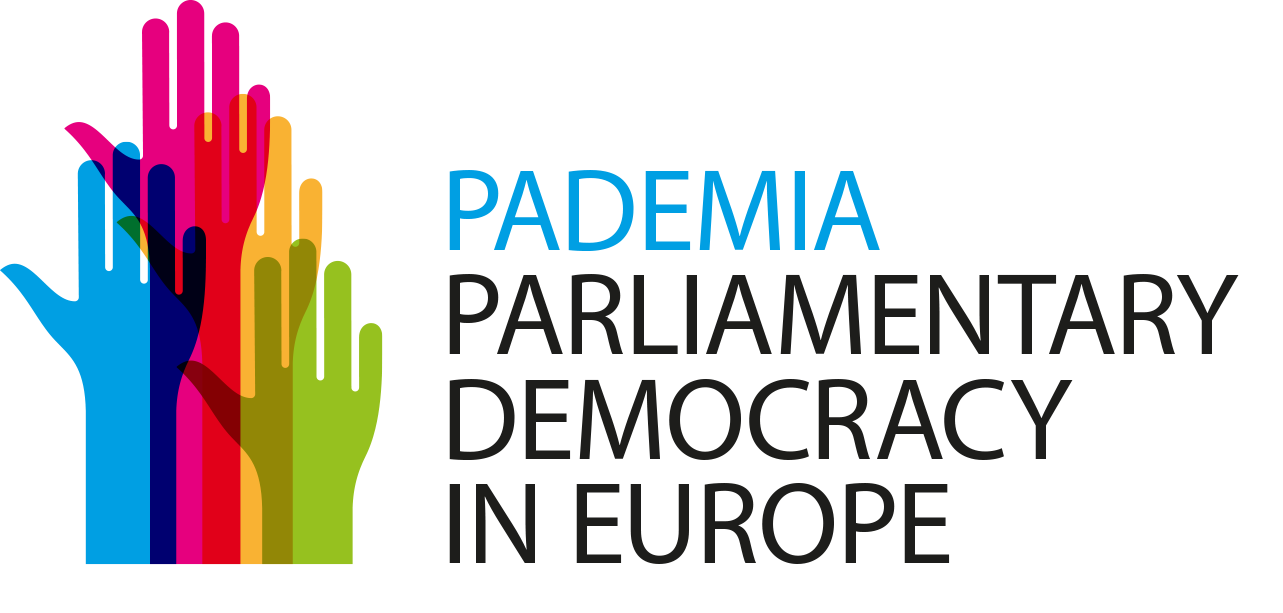
Debating Europe in National Parliaments: Justification and Political Polarization in Debates on the EU in Austria, France, Germany and the United Kingdom
Frank Wendler
Abstract: The paper presents a research project by the author on the evolution of plenary debates about European integration within the parliaments of four EU Member States (Austria, France, Germany, and the United Kingdom). Addressing the previously under-explored communicative function of parliaments in the context of EU governance, the project investigates the links between different types of argumentative justification, and patterns of polarization between parliamentary speakers and parties. In theoretical terms, a discourse theoretical approach that distinguishes pragmatic, ethical, and moral types of justification is combined with a theoretical model of differential Europeanization. Building on this model, the approach taken here relates discourse-, actor-related and institutional elements to theorize generalizable links between different types of argumentative justification and political polarization across different cases. Moreover, the model is used to explain comparative variation in the intensity of different kinds of contention on European governance between different topics and countries. In its empirical part, the paper presents some insights from the empirical data gained through the computer-based manual coding of plenary debates between 2005 and 2012. Citing examples from debates about the revision of the EU Treaties and the resolution of the European debt crisis, the paper concludes that the communicative function of national parliaments in relation to the EU is generally a more informative source on political contention about European integration than previously recognized in existing research. Moreover, the findings confirm the existence of links between the argumentative and contestation dimensions, as demonstrated through a distinction between problem-solving, directional and legitimacy debates that each evolve through characteristic patterns of party political polarization.
OPAL Online Paper No. 17/2014
ISBN: 978-94-91704-07-9
Download here…[/vc_column_text][/vc_column][vc_column width=”1/3″][/vc_column][/vc_row]
